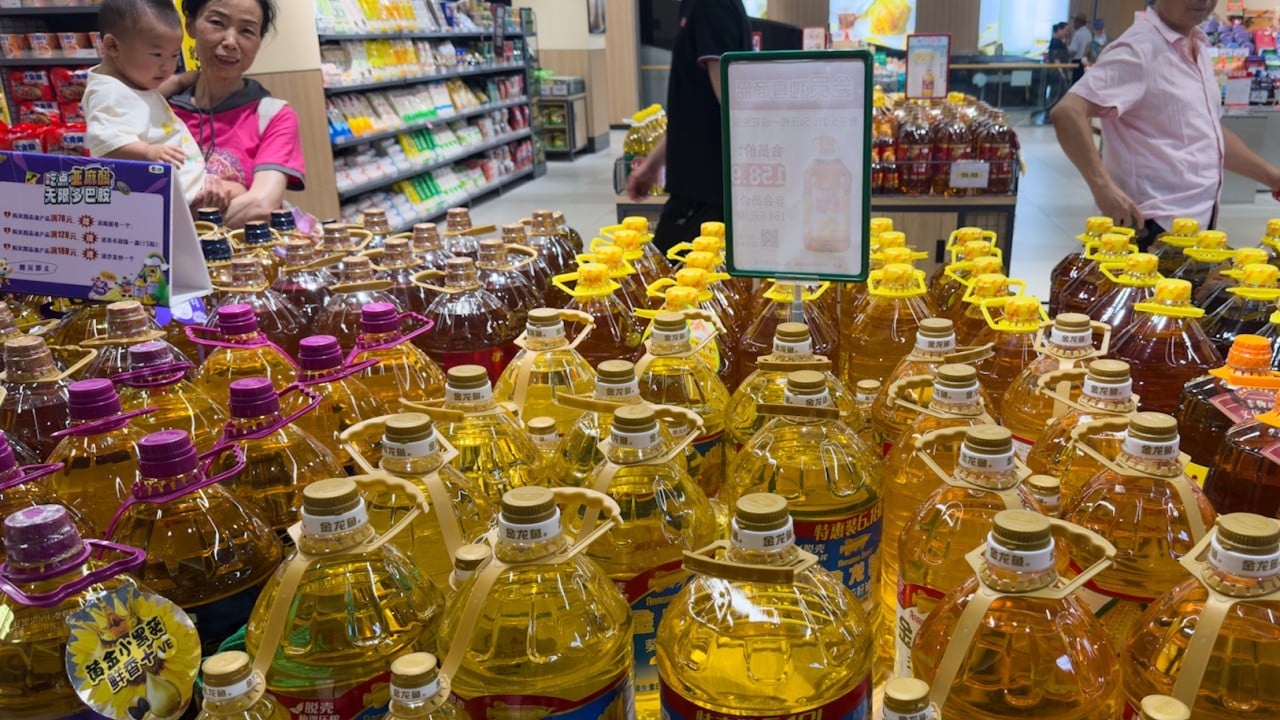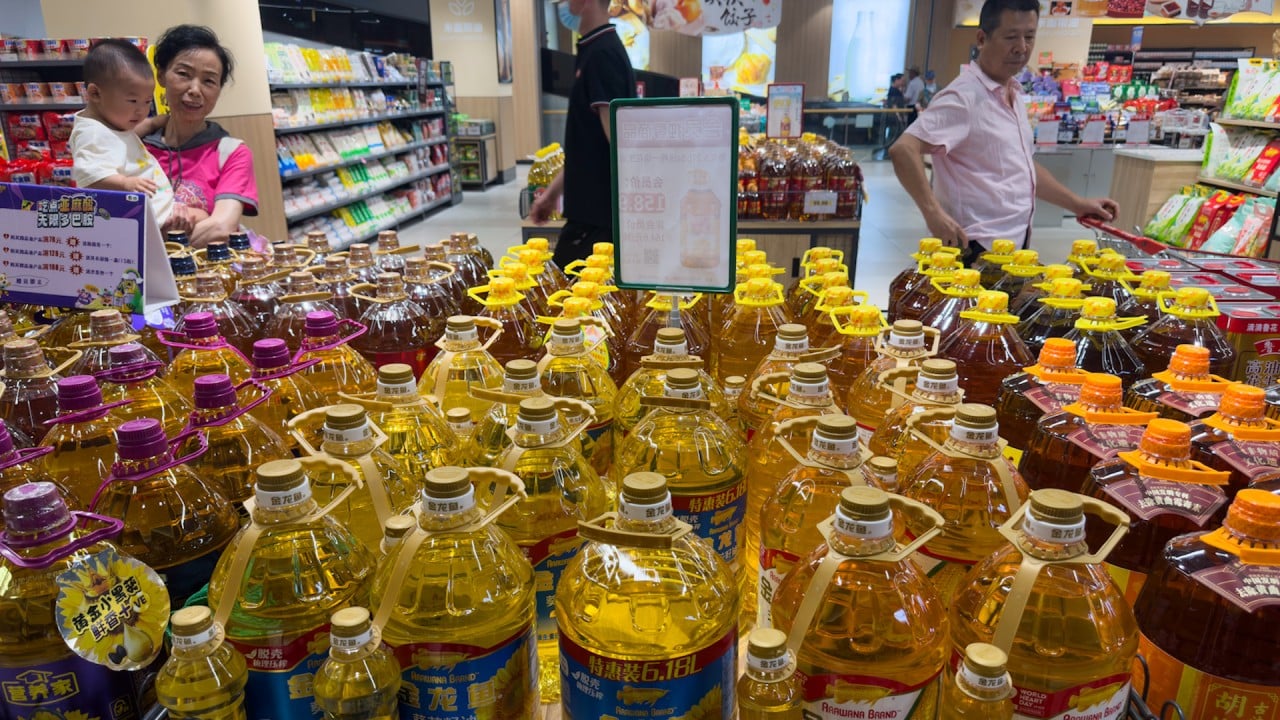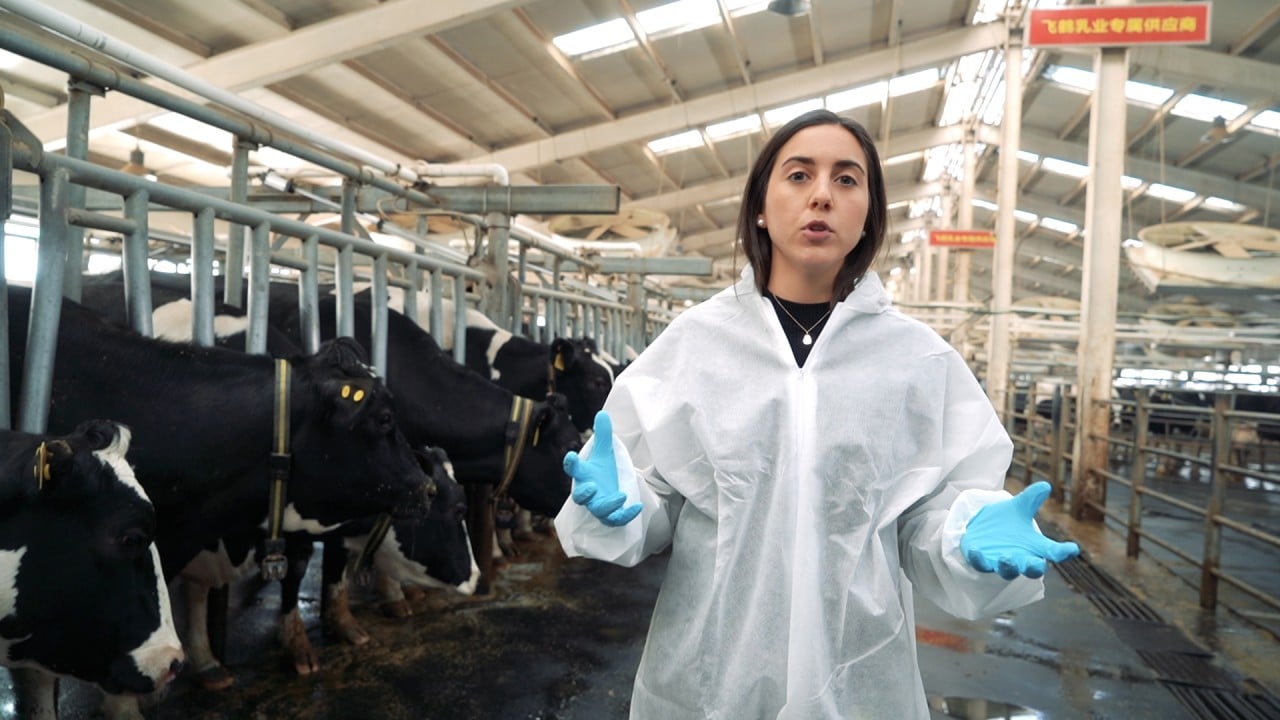For years, my friend Viola and I have been regularly swapping healthy recipes. Whenever one of us discovers new literature focused on health, such as the recent book Outlive: The Science & Art of Longevity by Dr Peter Attia, or new science about longevity or some healthy ingredients in the supermarket, we immediately tell each other.
We have learned that replacing food high in saturated fats, such as bacon, with salmon, or replacing saturated fats like lard with olive oil, lowers the chances of a heart attack and premature death. I find that one’s meat intake should be under 200g a day, while vegetables can be 500g, but we should also eat fish at least twice a week. Sweets and refined flour should be taken in moderation, in controlled, tiny portions. Sometimes when I cook, I use measured amounts of oil and salt to limit my intake.
We also scour the internet in case of food scandals at any of the restaurants we love. When a dead rat was found in a Xiabu Xiabu hotpot restaurant in 2018, we didn’t go there for months.
But when the latest cooking oil scandal came out, we were speechless.
Earlier this month, a state-owned newspaper in Beijing reported that Chinese companies had been using the same trucks to transport fuel and cooking oil. The report immediately sparked widespread public concern and calls for greater oversight of the food transport industry. Days later, China’s cabinet, the State Council, set up a team to investigate the allegations.
The scandal has been devastating. Suddenly, we felt that our healthy living habits had been a joke. No matter how carefully we planned our food, how closely we watched our calories, how much we tried to eliminate the risks, what can we do if there’s fuel mixed in with our cooking oil without our knowledge?
China has a poor food safety record. It has had a string of scandals that shocked the nation. In 2008, some 300,000 children were poisoned after some Chinese suppliers added melamine, a chemical used to make plastic, to their powdered milk to artificially boost the protein levels. The government launched an investigation and sentenced to death those at the centre of the contamination and its concealment.
In 2011, public outcry erupted over a mainland media report that at least 10 per cent of the rice samples from various provinces contained excessive amounts of cadmium, a heavy metal that can cause bone problems if too much is consumed.
All serious nationwide food scandals seem to have received adequate attention from the authorities. Observers say the latest cooking oil scandal could be brought up at the third plenum this week, and could prompt China to tighten its food safety policy.
But dealing with food scandals after the media exposes them is too late, and the public cannot always afford the wait. The government needs to step up its food safety regulations and monitoring to prevent such scandals in the first place.
Under China’s food hygiene law, an offender can be fined up to 50,000 yuan (US$6,890), or have their health licence revoked. That’s not a heavy enough punishment. Food producers and salesmen can face criminal charges, but this is usually only after consumers have suffered gravely, as in the case of the 2008 melamine baby poisoning.
Many children who drank the melamine-laced baby milk formula ended up with kidney failure and bladder stones, suffering lifelong effects on their health. It is too grave a price to pay, and sentencing those responsible to death will not make those children well again.
There needs to be more monitoring of food production and more careful checks before products enter the market – and the government’s supervising bureaus need to be punished when scandals break out.
In the baby milk formula scandal, several officials who were punished for their oversight reportedly rose back to power only a few years later. This is disheartening for the public and suggests that some authorities are still not taking food safety seriously enough. Punishing officials embroiled in food safety scandals in the same way as those involved in corruption might boost consumer confidence.
It is just too difficult for ordinary people to watch out for health risks – one cannot monitor the many links in the food chain from production to sales, believe me, I have tried. There needs to be more action from the government and large companies if they want to earn back the trust of consumers.
Phoebe Zhang is a society reporter with the Post




